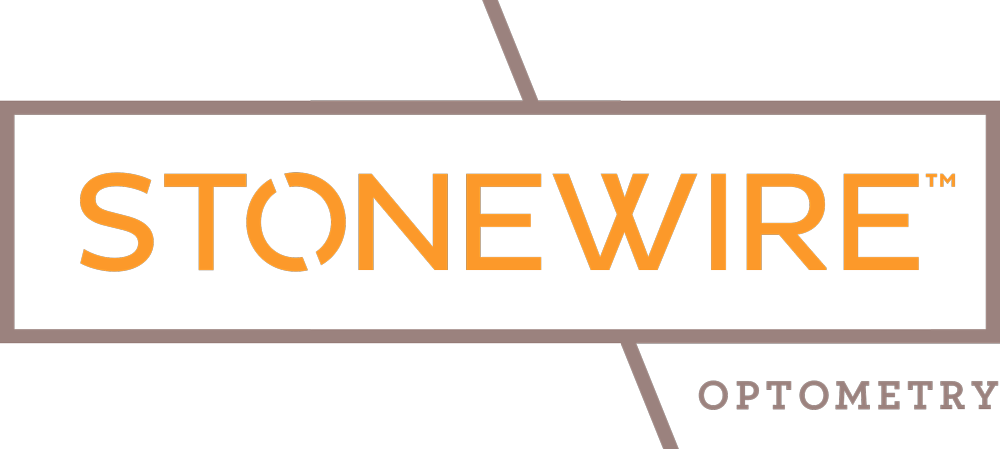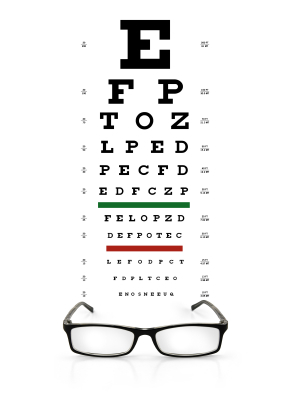Myopia or nearsightedness is a common vision disorder where by people can see objects up close, but are unable to focus clearly on objects in the distance.
Nearsightedness is the result of two things, either a person's eye grows too long, or the outside of the eye is too steep or round, causing images to focus in front of the retina.
Symptoms of Nearsightedness
Typically, people will start to notice problems with their distance vision in their school years, but nearsightedness can develop at any age. It may also be a sign of a more serious medical problem, such as diabetes or cataracts, especially if the onset of nearsightedness is very sudden and dramatic.
Initial symptoms of nearsightedness include problems focusing on small objects far away like road signs or the channel guide on TV. People can find themselves squinting or developing frontal headaches from having to squint. Children often complain about being unable to see the board at school, while adults often complain about poor night vision or increased glare. Symptoms almost always worsen in low light level situations.
What Causes Nearsightedness?
There has been increased research in the area of nearsightedness in recent years, as the world has seen a sudden surge in the number of people requiring eyeglasses for distance vision correction.
Early research studies suggest that nearsightedness may be related to near point stress, and numerous studies show that myopia increases along with a person’s level of education.
Newer studies out of China also point towards dietary factors and excessive indoor time may play a significant role in the development of nearsightedness. However, these studies are far from complete.
A study out of the UK at the St. Thomas Hospital also showed the genetics probably plays a significant role in the development of nearsightedness while environmental factors may only play a small or limited role.
Treatment options for nearsightedness
Treatment options for people affected by myopia or nearsightedness are numerous. Traditionally, eyeglasses have been the primary treatment option. However, patients also have access to contact lenses, laser vision correction, and intra-ocular lens implants. It is important to always discuss lifestyle and your work situation with your optometrist or ophthalmologist when determining your best treatment option or options. It is also recommended that patients with nearsightedness receive regular eye health examinations by an optometrist or ophthalmologist every one to two years to ensure the health of their retina's.



















